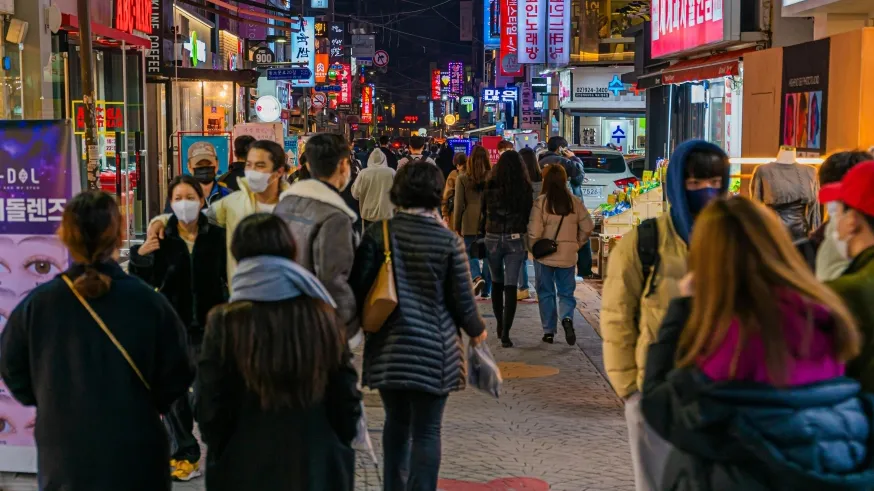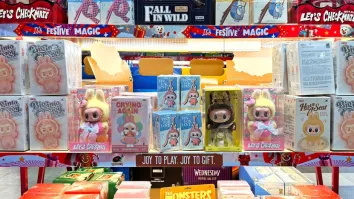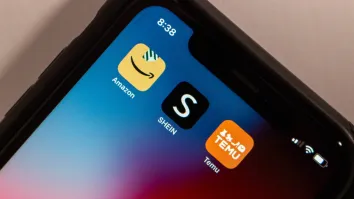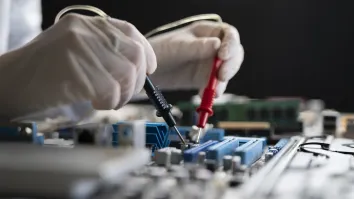
Gen MZ drives South Korea’s second-hand luxury boom
This shift is driven primarily by younger generations.
South Korea’s second-hand luxury market is growing as younger generations, led by Gen MZ (millennials and Gen Z), prioritise affordability and sustainability over buying new, according to a report by Canvas8.
The country’s second-hand market has surged from $2.9b (₩4t) in 2008 to a projected $31.2b (₩43t) by 2025. Platforms like Karrot, Bunjang, and Joonggonara are at the forefront, attracting millions of active users. The country now leads the global second-hand market, both in volume and cultural impact.
“These generations ‘experience’ luxury goods and quickly resell them rather than patiently save to buy new products and ‘own’ them forever,” said Bunjang’s CEO, Jaewha Choi.
Economic challenges are accelerating this change. Slowing growth and financial uncertainty have made brand-new luxury items less accessible for many.
According to Dr. Irina Korgun of Hankuk University, “The unfavourable economic situation makes many people reconsider their consumption patterns with regard to luxury.”
Environmental consciousness is another factor. Millennials and Gen Z, in particular, are turning to second-hand goods to reduce waste.
“Consumers enjoy the hunt to find second hand [products],” said Seah Joo, director of business development at Madeleine Memory Inc., the company behind Relay, a branded resale platform. “It shows the diversification of preferences in Korean consumers as well as the sentiment that puts self-satisfaction over attention.”
Whilst second-hand shopping grows, counterfeit goods remain a challenge. In 2023, over 1.34 million counterfeit items were imported into South Korea, with luxury bags, shoes, and electronics being common targets.
Platforms like Bunjang are addressing these concerns with secure payment systems and user education.
Major retailers, including Lotte and Shinsegae, are also tapping into the resale trend by introducing spaces for pre-owned luxury goods. Social media platforms like Instagram have also helped reframe second-hand items as vintage and desirable, rather than outdated or second-rate.

















 Advertise
Advertise







